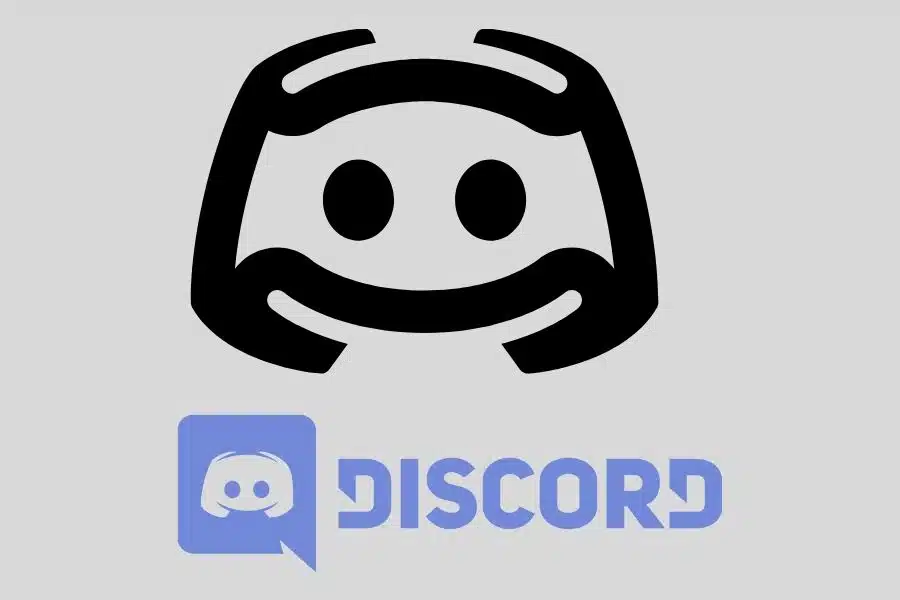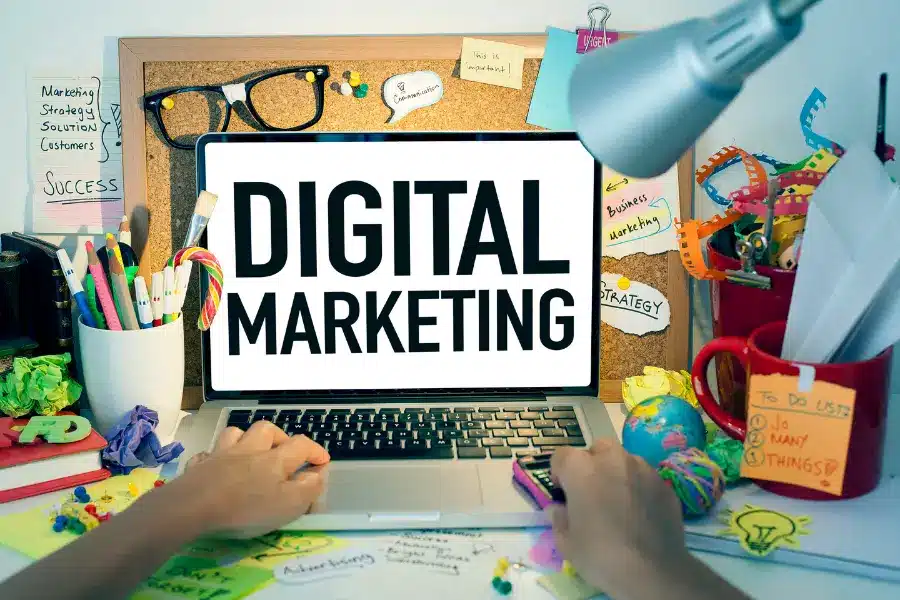After a sharp decline in employment rates in the U.S. in 2020, unemployment is falling. Figures recently released by the Bureau of Labor show that close to 431,000 people entered nonfarm employment in March 2022. Significant job gains were seen in several industries, including retail, manufacturing, and hospitality.
For industries across the country, including smaller enterprises, payroll software is the best way to ensure compliance, automate earnings and benefits, and eliminate errors in payroll processing. On-site payment processing is a reasonable solution, but the availability of payroll software for small businesses offers a streamlined, flexible, and robust solution for even small business owners.
Choosing The Best Payroll for Your Business
An automated payroll system provides several benefits to your business and employees. Their design ensures that you save time when working out employee salaries and wages, helps you avoid costly payroll penalties when preparing employment tax forms, and allows access to your employees.
TRUiC, the business information company, provides a valuable guide that helps you choose the best payroll services. They suggest several things to consider before deciding on the one best suited for your enterprise.
Copyright: TRUiC
Determine Your Business Payroll Requirements
There are several features you want to make sure about when deciding on payroll software, including your usage and payroll budget. Ease of use and features are essential, but you also need to look at the support and the ability to integrate other software you may require.
Some payroll software allows you to configure how it operates, allowing you to create, manage, and print reports. A payroll software system helps you easily track your employees’ hours, ensuring you pay them exactly what they have earned.
As a business owner, saving time is vital, especially if you have many employees. Zenefits is one payroll software provider that promises to save up to 90% of the time you require to do payroll manually. On the other hand, QuickBooks Payroll is ideal for small businesses with few employees, allowing integration with the QuickBooks accounting system.
The payroll processing of this type of software includes calculating employee pay (including overtime), deducting the withholding tax, paid time off, other benefits, and employee deductions under the Federal Insurance Contributions Act (FICA). FICA deductions include employee Social Security and Medicare taxes. All these calculations are automatic.
Consider Your Required Features and Analysis
Tax filing, direct deposits, integrations (HR and accounting), self-service portal and mobile employee apps, types of employee contracts, and adding new hires are all critical features. Your business needs may also require payroll reports, alerts, and notifications. Security for this sensitive information is also vital.
Some companies like Gusto offer a free trial, allowing you to determine if they meet your business payroll needs. Square Payroll is a straightforward payroll administrator for businesses with a higher turnover of employees, e.g., retail stores and restaurants.
ADP payroll service is one of the best payroll software because of its cloud-based software, allowing access from anywhere, low cost per employee, and is recommended by the IRS.
Furthermore, a good payroll service allows your employees to have complete access to these deductions, including those for their 401K plans.
Ensuring Payroll Legislation Compliance
Every small business needs to remain compliant with local, state, and federal labor laws to avoid costly penalties. As an employer, you need to withhold payroll tax from employee earnings. These taxes include income tax, social security, and Medicare contributions. Don’t forget that you also pay social security and Medicare taxes as an employer.
Most payroll applications make it easy for you to comply with these payroll taxes by providing the necessary forms for W-2 and IRS Form 1099, ensuring that you never miss a deadline. OnPay does automatic W-2 and 1099 filings, whereas, with QuickBooks, you pay extra for 1099s.
Final Take
Selecting the best payroll service for your business’s needs, whether you have just a few or several employees, requires far more than finding the one with the best price. Take the time to do your research and test a few that offer a free trial. The time you spend researching and testing is well worth the effort, ensuring that the payroll software you finally choose makes it easier to manage payroll and its taxes. Both you and your employees will appreciate the difference.



![F95Zone Games - The Ultimate Guide for 2021 [F95Z Guide] 4 F95Zone Games](https://knowworldnow.com/wp-content/uploads/2021/07/ArTtW5LrK3b-z-0-y-637f48d86203817a9042a857.webp)